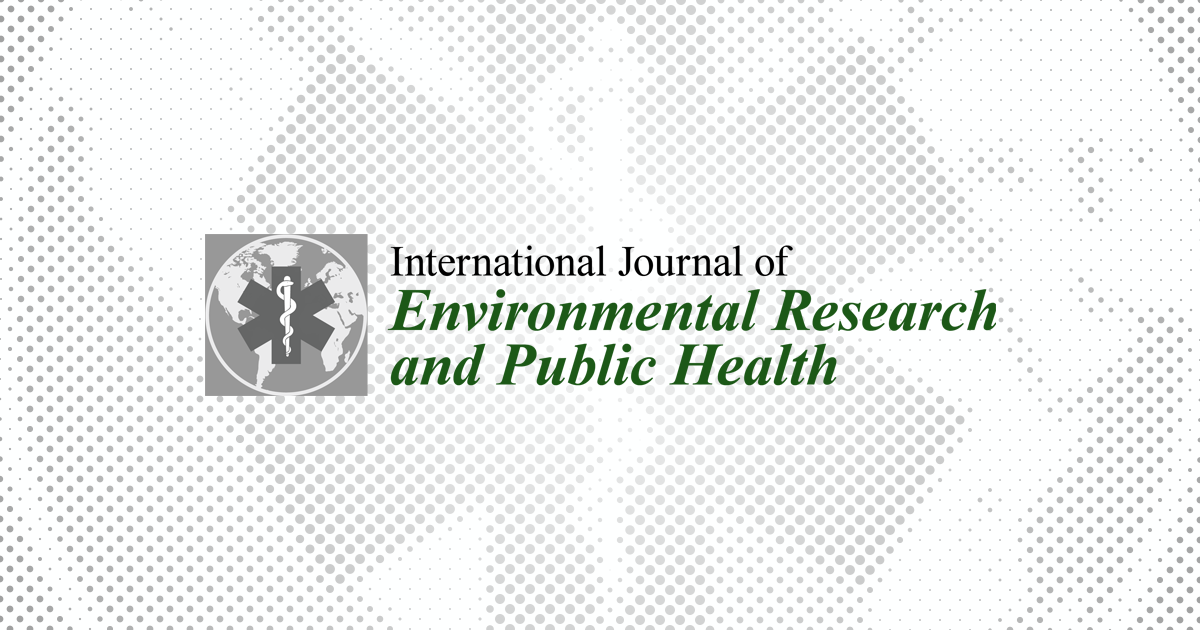Exploring Psychosocial Dimensions of Physical Activity Among Students: Insights from South Africa
In an intriguing study from South Africa, researchers have turned the spotlight on the often-overlooked psychosocial elements that influence undergraduate students’ participation in physical activity (PA). Conducted at a leading university, this research delves deep into how mental health, motivation, and social support shape students’ interaction with physical activities, offering a fresh perspective on a critical public health issue.
Physical inactivity is a growing concern worldwide, particularly among young adults. Understanding the factors that either encourage or deter students from engaging in exercise is essential for developing tailored interventions. The study, now available for early access through Africazine, highlights the voices of 18 university students who shared their experiences through interviews conducted between July and August 2023.
One of the standout features of this research is the use of I-poems, a creative qualitative method designed to authentically capture the participants’ narratives. By focusing specifically on expressions that include the pronoun “I,” researchers transformed interview transcripts into poetic forms, allowing the students’ thoughts and feelings to resonate in powerful, relatable ways. This innovative approach not only amplifies individual voices but also reveals the emotional and psychological layers behind their physical activity behaviors.
Through thematic analysis using advanced coding software, researchers identified key themes that emerged from the students’ reflections. Mental health was a significant aspect, with many participants describing how their emotional well-being directly influenced their motivation to participate in physical activities. Social support—a recurring theme—also played a crucial role, as friendships and community connections invigorated students’ physical engagement.
The findings from this study not only underscore the importance of considering psychosocial factors in promoting physical activity among students but also pave the way for contextually relevant interventions. For instance, universities may consider implementing peer support programs or mental wellness initiatives to bolster students’ engagement in PA.
As the world looks for solutions to improve public health, understanding the intricate relationships between psychosocial aspects and physical activity engages dialogue on a much larger scale. This research exemplifies how creative methods like I-poems can yield profound insights into personal experiences, ultimately contributing to better health outcomes for students.
Stay tuned for the full publication, set to be released soon, as it promises to deepen the conversation around physical health among youth and the strategies to enhance their participation in healthy activities.
Tags: #SouthAfrica #WorldNews #Health #Lifestyle #PublicHealth



